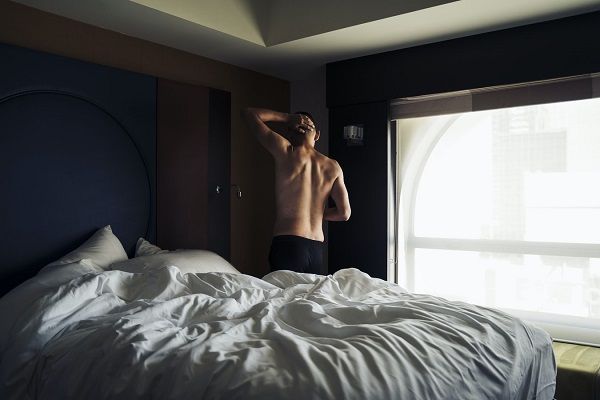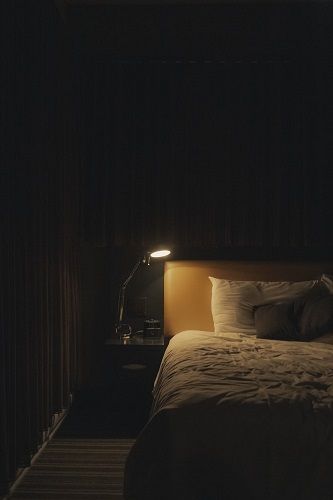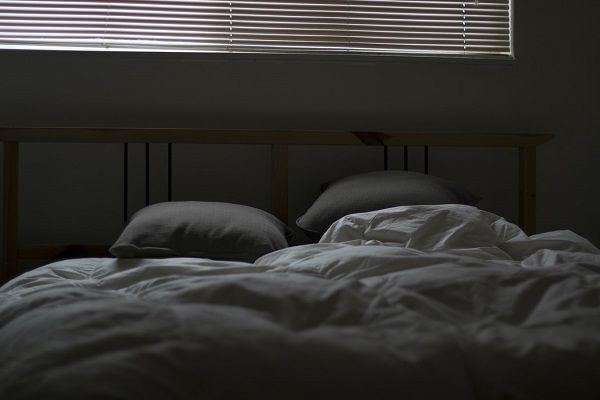Despite the fact that the modern schedule tends to be packed to bursting, the importance of sleep is often cited. Whether or not we make time to factor rest into our schedule, the amount of Zs we catch each night affects our life on a daily basis, from our ability to concentrate to our metabolism.
Depending on the profession, the emphasis on a good night’s sleep becomes even more important. For athletes, in particular, the need to rest both the body and the mind is of utmost importance. Not only does sleep help athletes maintain their physique, but it also keeps their minds rested so they can make split-second decisions while playing.
Multi-billion-dollar sports leagues hinge on the performance of athletes as individuals or teams. Franchises will employ hundreds of staff to keep the team in shape, such as the Dallas Cowboys NFL franchise, which counts 1,026 staff members.
And now that the US has opened its doors to sports betting, it won’t just be an athlete’s franchise that depends on their performance. There’s likely to be an influx of analysts and sportsbooks that offer free bets as the market surrounding sports betting develops, as well as an increase in punters themselves.
As the stakes heighten around major league sports, the emphasis on a good night’s sleep can’t be underestimated. In a single game, an athlete could face a make-or-break moment that alters their entire career.
The Risks: Cognitive Function
As aforementioned, the quality and quantity of sleep you get directly affect the brain’s ability to function at an optimum speed. This doesn’t only impact athletes, but it can have a particularly devastating effect in the middle of a high-octane game.
A Contemporary Ergonomics study focused on how cognitive function relies on a good night of sleep. Without enough rest, the brain and body don’t function in sync at the level needed by baseball players catching a line drive or a hockey goalie stopping a slapshot.
Psychomotor functions were the first part of the athlete’s system to fail, rather than physical elements like strength, lung power, and endurance. However, cognitive delays are caused typically by a short-term lack of sleep.
The body, on the other hand, will begin to suffer from a prolonged lack of restful sleep. Functions like metabolism and appetite suffer from unhealthy sleep patterns, which then begin to affect an athlete’s physical prowess.
The Basics: Time Management and Consistency
Most athletes aren’t short on helpful staff. In fact, many of the world’s most renowned names work closely with nutritionists, physical and mental trainers, and medical professionals in order to streamline their career with their lifestyle.
Sleep is an integral part of learning to take care of the mind and body for professional athletes. These considerations are particularly important considering that most pros travel the world, jumping continents and time zones with limited time to acclimate their bodies.
In order to foster key sleeping habits at home and on the road, top athletes stick to a routine. Each body has its own requirements, which depend on the sport. Some studies indicate that basketball players need a higher amount of sleep than other sports, like golf.
Some athletes swear by a long night of sleep—up to ten hours. Others prefer to pepper naps into their schedule. Then, there’s the consistency of sleeping conditions, which include temperature, mattresses and pillows, lighting, and even meals before bedtime.
What’s most important is to keep a schedule and stick to it, regardless of what that plan looks like. Let’s take a look at some of the world’s most competitive athletes and their sleep schedules.
Cristiano Ronaldo
Sleep ‘guru’, Nick Littlehales, recently revealed some of soccer superstar Cristiano Ronaldo’s sleeping habits. In his routine, Ronaldo limits blue light exposure from electronics an hour and a half before bedtime in order to foster melatonin release.
The striker also took up to five 90-minute naps per day, settling in for a final nighttime rest around 3 am before getting up early to start his workout regime. Other interesting habits for Ronaldo include sleeping in the fetal position, preferably on clean sheets.
Russell Wilson
As a star quarterback in the NFL, many pros are after Wilson’s secrets to staying in his prime. However, unlike other football players who aim for eight or nine hours of sleep a night, Wilson doesn’t pay too much attention to his schedule.
In fact, during weekdays he may only get five or six hours of shut-eye. On the weekend, this number could increase as needed. Though Wilson may seem to be shooting wild with his sleep routine, the results don’t lie for the Super Bowl champion. His habits are a testament to the individual nature of sleeping needs.
Serena Williams
The tennis superstar credits a routine sleep schedule with her ability to take Wimbledon only ten months after giving birth. Williams says that a consistent eight hours of sleep keeps her body and mind synced together and ready for any challenge.
She regularly maintains a strict schedule that begins with an 8 am tennis workout and a 12 am bedtime, with all other activities scheduled by the hour. The consistency of her routine helps keep her at the top of her game both mentally and physically.
As a tennis player who travels the world to compete in the WTA, Williams also relies on her schedule to prep her body for long journeys to different time zones.
LeBron James
LeBron James is known for being one of the greatest basketball players of his generation, much like Ronaldo is to soccer. LeBron is also known for having one of the most extreme sleeping routines in pro sports—but not like Wilson of the NFL.
LeBron can get up to twelve hours of sleep per day—and on purpose. Basketball players are known for their napping and bedtime routines, which help prepare the body for the intense short-interval sprints required on the court.
If LeBron misses out on a twelve or ten-hour resting period at night, he’ll take a one or two-hour nap prior to game time in order to prep his body. For the basketball star, there’s no better recovery for his body than sleep.



